
A Free Gift
We must be careful to avoid feeling like we deserve anything when we pray at length. Let’s remember that the privilege of praying is a gift from Hashem…

Translated by Rabbi Lazer Brody
In Forest Fields, Part 31
Moses never felt that he deserved a thing. He appealed to Hashem for a free gift. Even so, he prayed at length, for forty days and forty nights for one request! At no time did he feel any sense of entitlement. He simply asked for Hashem’s mercy.
We must be careful not to feel like we deserve anything when we pray at length. Let’s remember that the privilege of praying is a gift from Hashem. When we’ve succeeded in praying with heartfelt intent, it’s because Hashem has come to our aid and has opened our hearts for a few precious moments. Rather than feeling smug about ourselves, we should thank Hashem for helping us and continue to pray like poor beggars asking for a handout. The important thing is to never stop praying; eventually, our prayers will be answered.

The Language of a beggar
Moses prayed like a beggar that doesn’t deserve a thing. He appealed to Hashem’s infinite compassion. We should do the same. No matter how righteous a person is, he’s not yet a Moses. Moses knew that the feeling of entitlement prevents a person’s prayers from being accepted. No matter how great a person’s merits are, they’re microscopic in comparison to Hashem’s mercy and compassion, which know no bounds. We should therefore use the language of a beggar – just like Moses did – in our prayers.
Hashem’s infinite compassion enables a person with virtually no merit at all (theoretically, for there is no person with no merit) to pray. When anyone approaches Hashem with the humility of a poor person asking for alms at the front door, Hashem answers those prayers as a free gift to whoever sought His help. Both Moses and King David, despite their unfathomable merits and righteousness, prayed to Hashem in the language of beggars (Psalm 102 is a classic example).
The odor of the material world
An hour a day of personal prayer is certainly laudable. But, when a person speaks to Hashem for an hour a day out of obligation, he’s still far away from Hashem. We should be thirsting to be with Hashem while asking Him for emuna and to help us overcome our shortcomings so that we can truly get close to Him.
One’s goal should be to speak to Hashem more and more until his soul no longer bears the odor of the physical world. Breslever tradition tells about Rebbe Shimshon, a pious servant of Hashem and a Breslever Chassid; after his passing, Rebbe Shimshon’s soul ascended to the Heavenly Court. Rebbe Nachman scolded him: “Shimshon, you can’t come inside here with the odor of the material world sticking to you. Go dunk in the Dinor River!”
The Dinor River is the river of fire that separates this world from the next world (see Zohar III, 32b). A soul must pass through the River of Dinor to cleanse itself of any residue of the material world before it is allowed to enter the world to come. For a person that hasn’t purified himself in this world, every microsecond of immersion in the Dinor River exceeds all the anguish and tribulations of an entire lifetime. But, for a person that perfected and purified himself in this world, like Rebbe Natan of Breslev, immersion in the Dinor River is a sublime pleasure.
We should therefore beg Hashem to instill in us the yearning to pray, to speak to Him constantly, and to cleanse our souls from the odor of this lowly material world. Once again, we should appeal to Hashem’s mercy. Once we accustom ourselves to speaking to Hashem daily, our hour of personal prayer becomes the focal point of our day. Life then becomes easy and beautiful.
Most importantly, never forget what the Torah teaches us: And when he cries out to Me, I will listen, for I am compassionate.
To be continued.





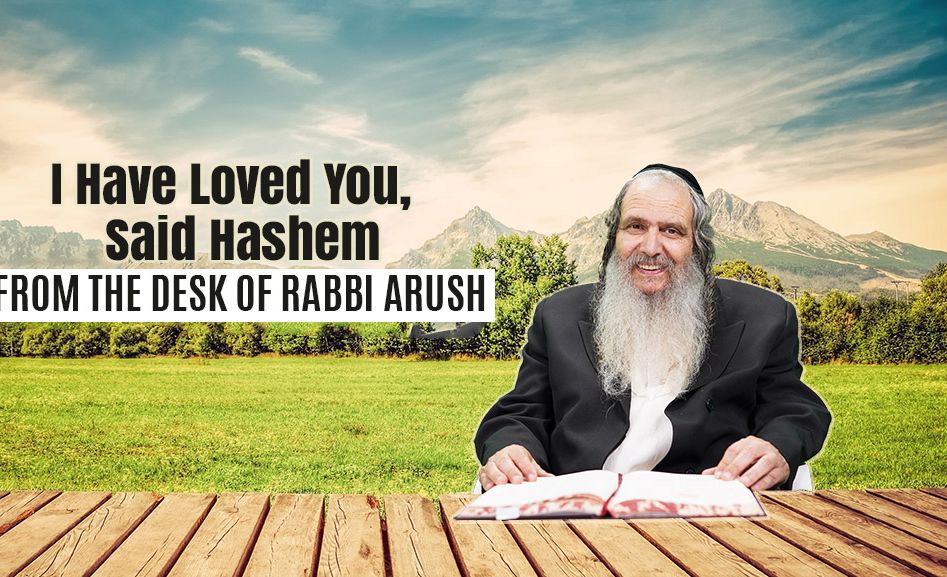
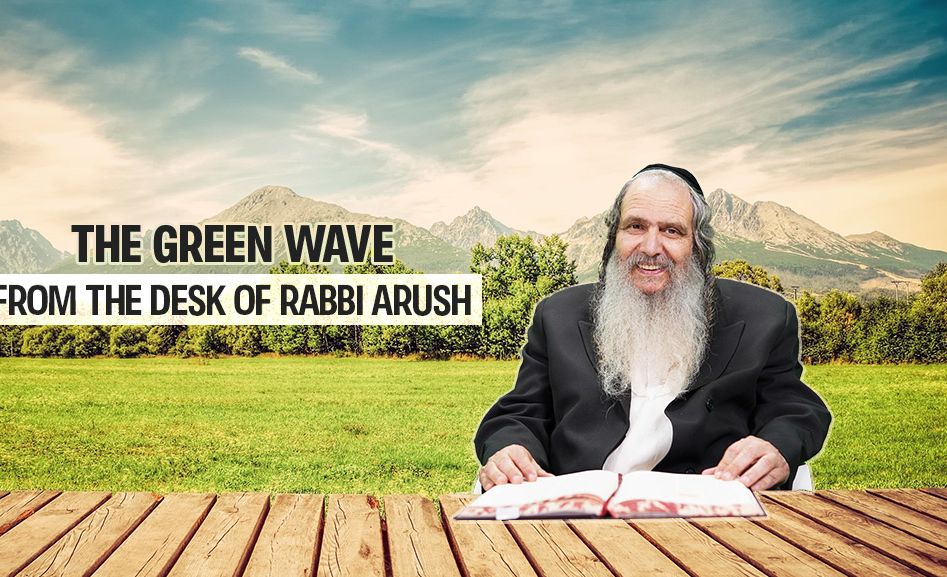
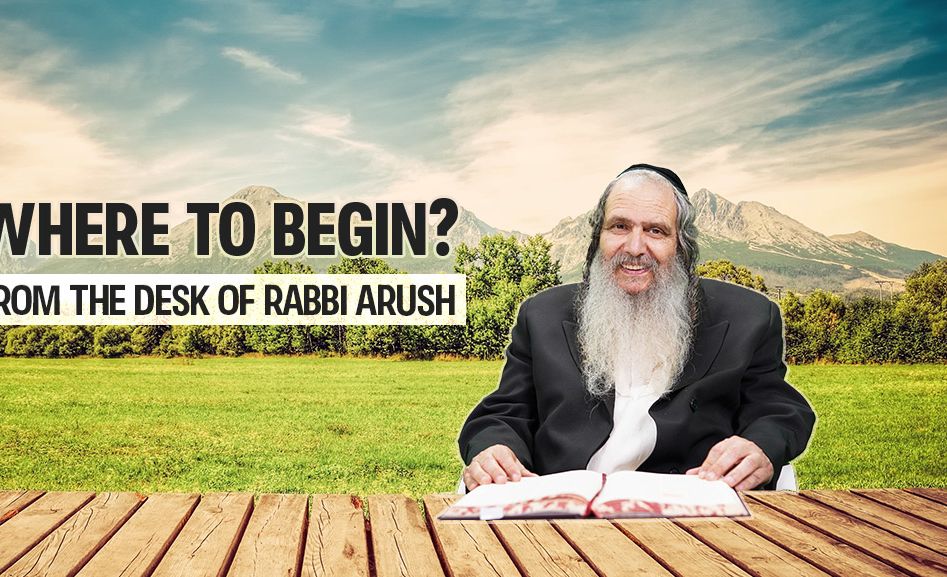
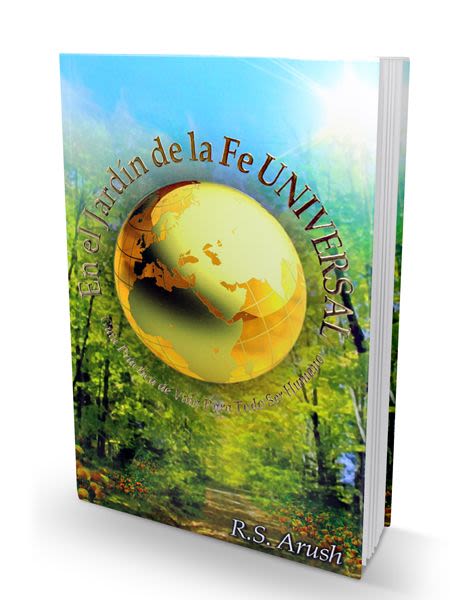
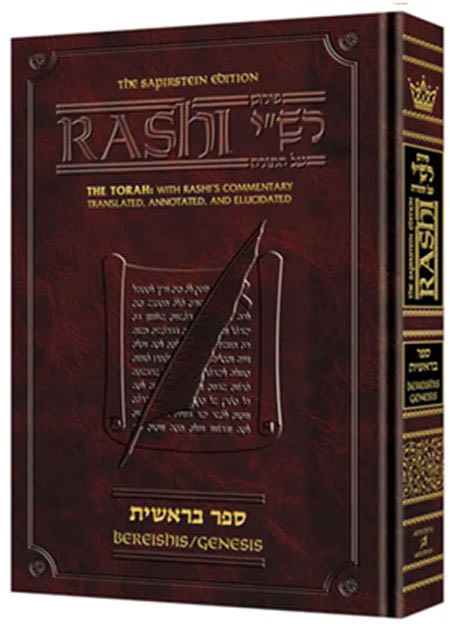


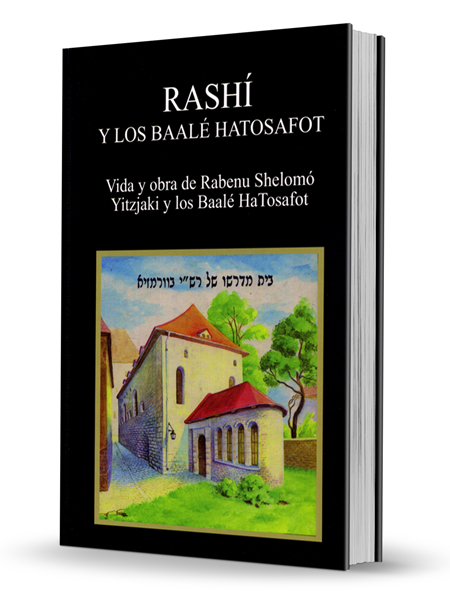

Tell us what you think!
Thank you for your comment!
It will be published after approval by the Editor.